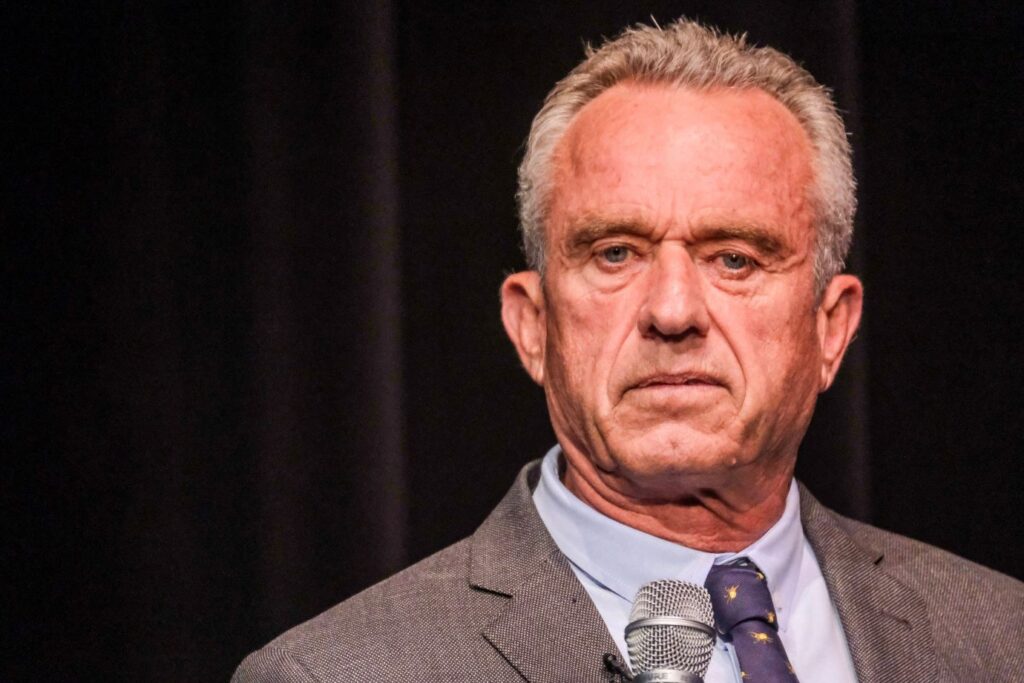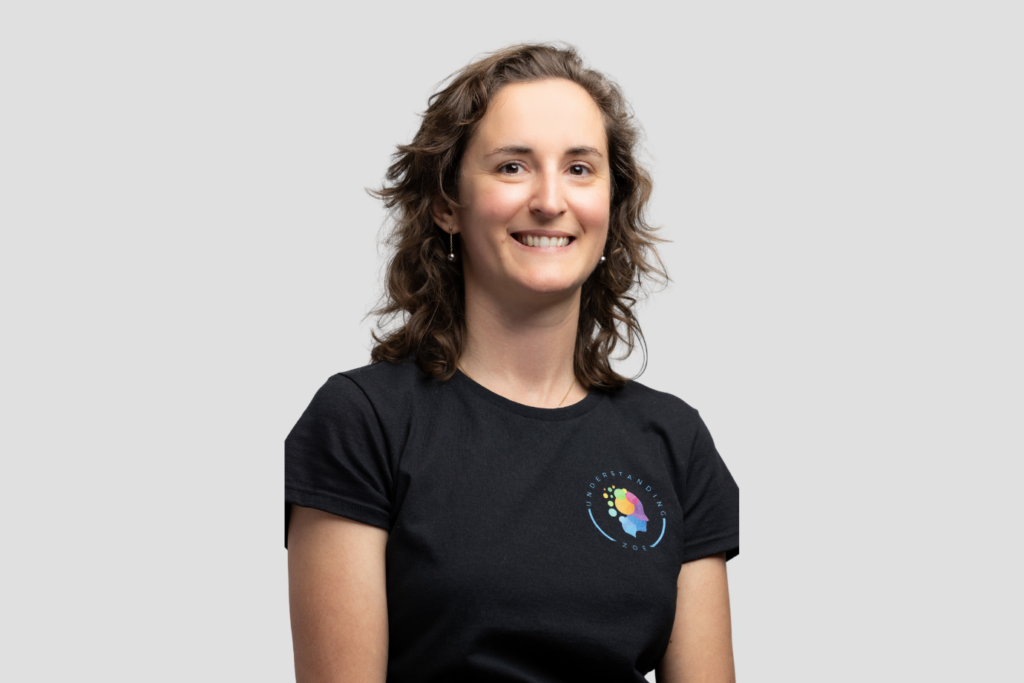As April’s Autism Awareness and Acceptance Month comes to a close, we’re reminded that awareness without action rings hollow, and just how harmful ignorance can be.
When Robert F. Kennedy Jr. said autism is an “epidemic” that is “breaking families”, during his first news conference as US Health and Human Services Secretary, he delivered a devastating blow to neurodivergent communities worldwide.
I’m a neurodivergent mother raising an autistic daughter, and the founder of Understanding Zoe, a platform aiming to bridge the very gap of understanding RFK Jr. fell right through.
Let me tell you, it’s not autism breaking families. It’s our catastrophic ignorance of neurodivergence, our fragmented support systems, and our blind acceptance of the way things are.

The average Australian family waits 3.5 years for a developmental assessment in the public system. A staggering 31 per cent of Australian families are handed diagnostic reports with zero follow-up support. Behind these statistics are real families drowning in paperwork, depleted bank accounts, and shattered dreams. Not because of autism but because of the lack of understanding and support.
The lack of understanding around neurodivergence is striking: while politicians and outlets routinely frame autism as a ‘crisis, they rarely investigate the systemic failures creating the actual emergency.
Living in the gap
My daughter Zoe is 8-and-a-half. She climbs trees as if she’s chasing clouds, crafts Billie-Eilish-style lyrics from her unfiltered emotions, and devours books like hot croissants. Her mind doesn’t just think: it soars, connects, and reimagines. What breaks me isn’t her beautiful, different neurology, it is watching her shrink herself to fit into a world not designed for her brilliance.
Our mornings unfold like a precisely choreographed dance: the right breakfast texture, eating on a bouncing ball with noise-cancelling headphones ready. The system calls this ‘accommodation’; we call it ‘basic dignity’. What I’ve learned is that the so-called ‘burden’ of autism isn’t my daughter’s neurology, it’s the 14 therapy emails, three school meetings, multiple NDIS plan reviews… and one family nervous system running on hope and caffeine.
And here’s where the narrative crumbles: more than 80 per cent educators’ workloads had increased due to insufficient support for students with additional needs, yet we blame the children for ‘classroom disruption’ rather than our own failure to equip teachers.
The invisible stigma
I spent many years being called out as a ‘difficult parent’ before Zoe received the support she needed. Partly, it’s because she’s a girl, and her autism presented differently. Partly, it’s because my own diagnosis means I approach things a little differently, too.
But this story repeats itself endlessly in my work interviewing parents of neurodivergent children with Understanding Zoe.
Parents sacrifice careers: parents of autistic children lose around five hours of work weekly.
Mental health collapses. A recent study conducted by Curtin University found that 80 per cent of caregivers in their study experienced poor wellbeing, high levels of stress and mental health issues. More than 22 per cent of caregivers also experienced negative stigma from their local community, increasing the feeling of social isolation.
Marriages fracture under the strain not of autism, but of navigating byzantine support systems designed to exhaust rather than assist.
Reframing the narrative
The most dangerous misconception perpetuated in reporting is that autism itself is the enemy. This framing ignores the neurodiversity paradigm: the understanding that autism, ADHD, dyslexia and similar conditions represent natural variations in human cognition, not defects to be eliminated.
In building the Understanding Zoe platform, I’ve witnessed the transformative power of language. When we stopped calling children ‘manipulative’ and recognised they were meeting unmet needs, behaviours changed. When ‘disruptive’ became ‘regulating through movement’, classrooms adapted. When ‘non-verbal’ became ‘non-speaking’, we started to honour diverse communication modes.
We’ve created a free guide to download on our website, to help everyone shift their language to be neurodiversity affirming.
You are enough… the system isn’t
Robert F. Kennedy Jr.’s characterisation of autism as a “pandemic” didn’t just miss the mark, it targeted vulnerable families already struggling against structural barriers. The real pandemic is the silence around failed systems, the stigma that isolates families, and the fragmented care networks that exhaust rather than support.
As another Autism Acceptance Month passes, we must ask: what tangible improvements have we made in the systems that actually support autistic Australians?
To every parent reading this while drowning in paperwork and doubt: you are enough. The very fact that you’re searching for better answers proves it.
And to every journalist with the power to shape this narrative: the choice is yours. Perpetuate harmful stereotypes or illuminate the actual crisis of care.
Autism isn’t breaking families but our continued failure to build inclusive systems certainly is.
Feature image: Laetitia Andrac.
Become a Women’s Agenda Foundation member and support our work! We are 100% independent and women-owned. Every day, we cover the news from a women’s perspective, advocating for women’s safety, economic security, health and opportunities. Foundation memberships are currently just $5 a month.
Bonus: you’ll receive our weekly editor’s wrap of the key stories to know every Saturday.


